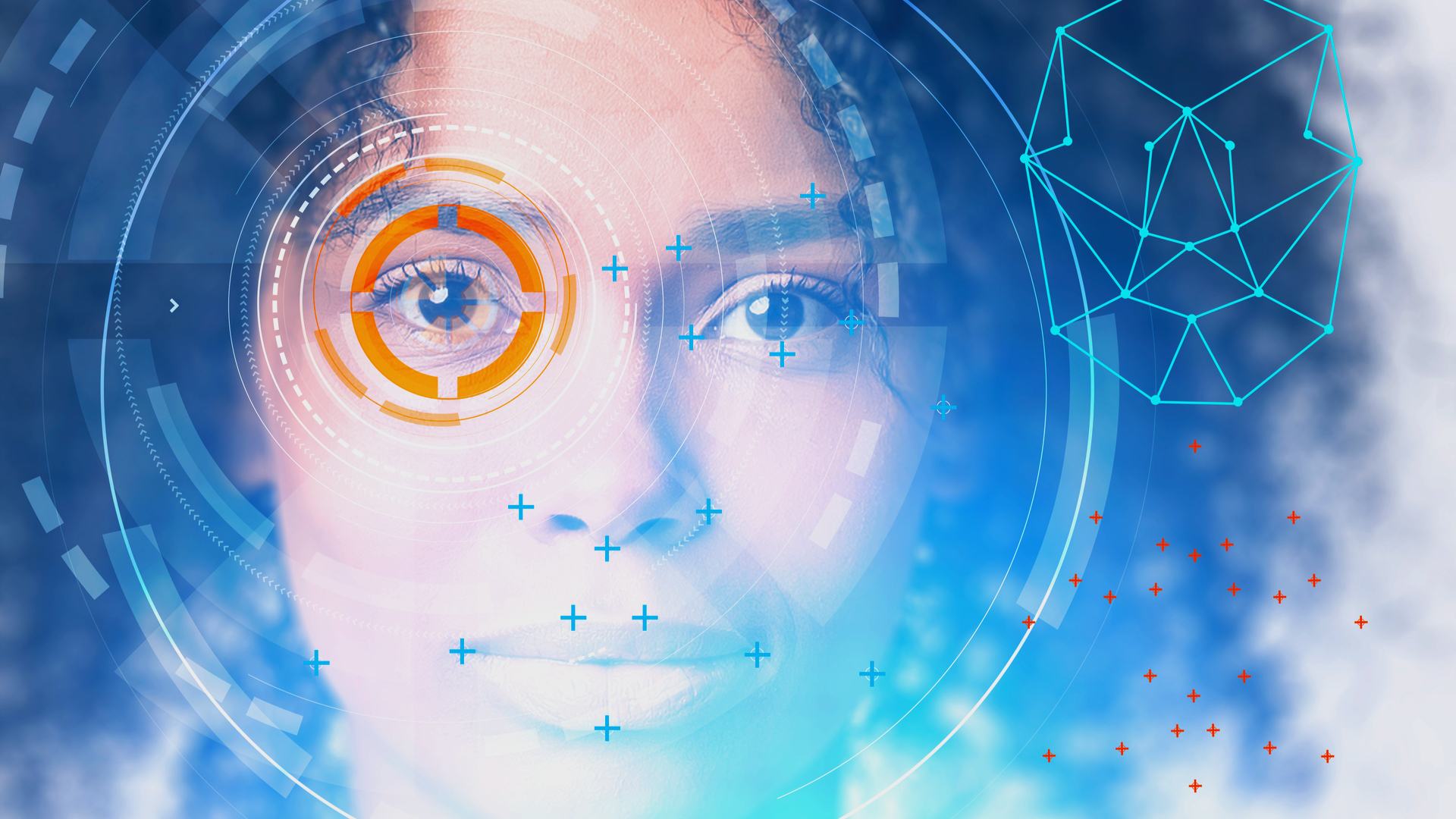Microsoft's AI-powering database of celebrity faces has been taken down
The collection of millions of images has been linked with unethical projects in China


Microsoft has quietly pulled its facial recognition database of 10 million images of 100,000 people's faces offline.
MS Celeb was published in 2016 and contained images of faces gleaned from the internet used to train recognition algorithms. The images were harvested from search engines and included based on them being uploaded with a Creative Commons license.
"The rich information provided by the knowledge base helps to conduct disambiguation and improve the recognition accuracy, and contributes to various real-world applications, such as image captioning and news video analysis," said Microsoft at the time.
According to the accompanying research paper, the database was originally supposed to just include images of celebrities, but according to researcher Adam Harvey's Megapixels project, the term 'celebrity' was used quite broadly.
"While the majority of people in this dataset are American and British actors, the exploitative use of the term "celebrity" extends far beyond Hollywood," said Harvey. "Many of the names in the MS Celeb face recognition dataset are merely people who must maintain an online presence for their professional lives: journalists, artists, musicians, activists, policy makers, writers, and academics.
"Many people in the target list are even vocal critics of the very technology Microsoft is using their name and biometric information to build."
Aside from developing facial recognition algorithms, the database had other applications. Military researchers harnessed the large dataset, as did Chinese AI and facial recognition companies SenseTime and Megvii, according to the Financial Times.
Get the ITPro daily newsletter
Sign up today and you will receive a free copy of our Future Focus 2025 report - the leading guidance on AI, cybersecurity and other IT challenges as per 700+ senior executives
The database was also reportedly linked with startups in China that build AI algorithms to profile and track ethnic minorities, mainly consisting of Muslims.
China's pervasive surveillance camera network has come under scrutiny since its inception, as has its social credit system but the discovery of the profiling and tracking of the Uighurs was a first for the country.
Although it's been taken offline, traces of the database still exist on the web and freely available to download on GitHub, along with many other databases filled with millions of images.
The facial recognition industry is one of much controversy, the technology is frequently shown to be inaccurate - in some cases showing racial and gender bias. Other notable cases include the NYPD's clumsy use of the technology, using celebrity lookalikes to search its database for real criminals.
Using publicly available images to fill databases has also caused a stir in recent months. Notably, a database used by IBM contained one million faces gleaned from image hosting site Flickr, which prompted privacy concerns.

Connor Jones has been at the forefront of global cyber security news coverage for the past few years, breaking developments on major stories such as LockBit’s ransomware attack on Royal Mail International, and many others. He has also made sporadic appearances on the ITPro Podcast discussing topics from home desk setups all the way to hacking systems using prosthetic limbs. He has a master’s degree in Magazine Journalism from the University of Sheffield, and has previously written for the likes of Red Bull Esports and UNILAD tech during his career that started in 2015.
-
 Asus ZenScreen Fold OLED MQ17QH review
Asus ZenScreen Fold OLED MQ17QH reviewReviews A stunning foldable 17.3in OLED display – but it's too expensive to be anything more than a thrilling tech demo
By Sasha Muller
-
 How the UK MoJ achieved secure networks for prisons and offices with Palo Alto Networks
How the UK MoJ achieved secure networks for prisons and offices with Palo Alto NetworksCase study Adopting zero trust is a necessity when your own users are trying to launch cyber attacks
By Rory Bathgate